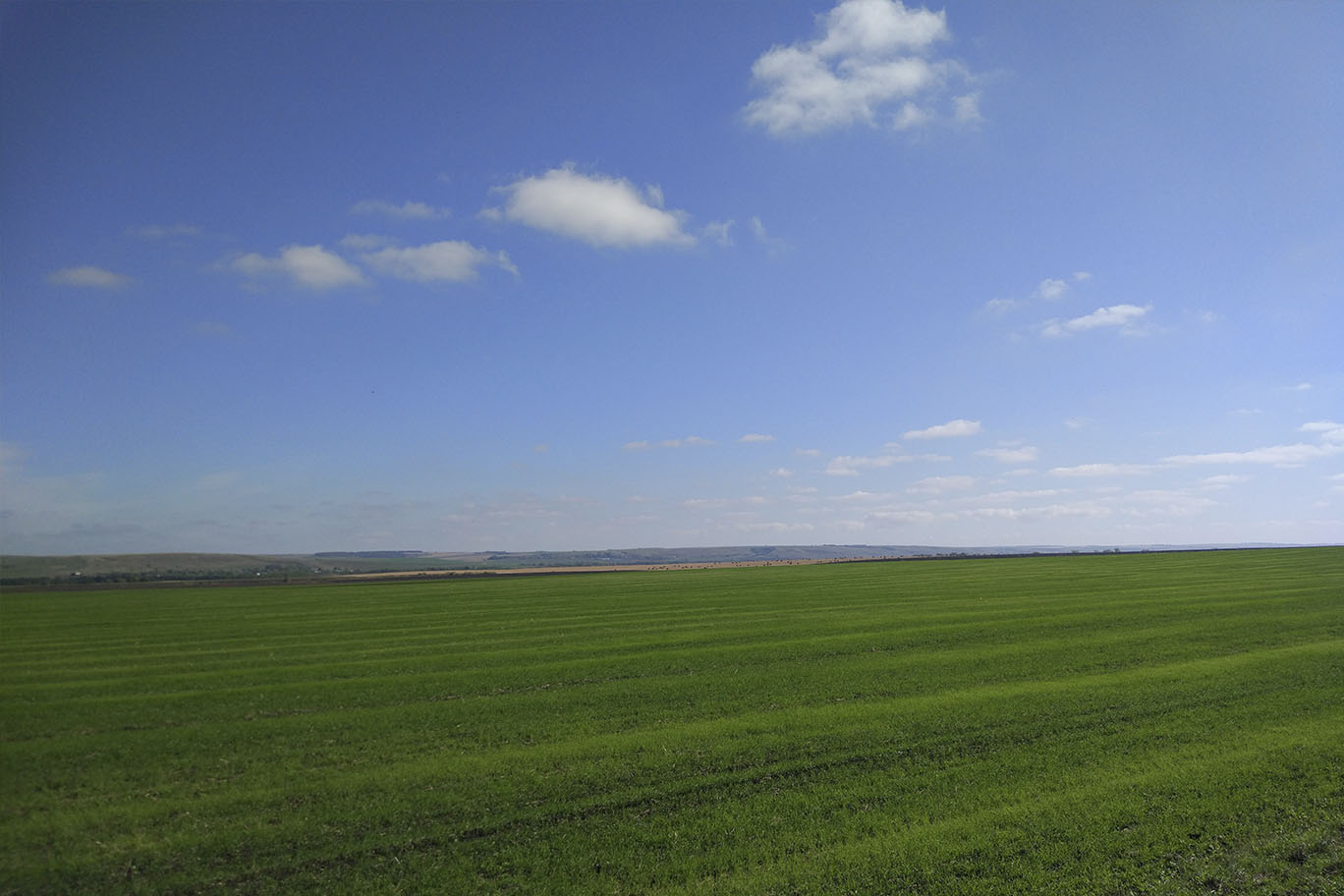Caring for the happiness of others, we find our own (Plato)
A comrade sent to the capital of Russia on working affairs spent the whole day moving around a huge metropolis. At the end of the day, Aeroexpress delivered it to Domodedovo Airport. After registration and passport control, a friend decided to have dinner at a cafe. I ordered food, ate, and suddenly fell asleep (got very tired during the day).
Suddenly, the waitress carefully wakes him up and says: “Sorry, but you can’t sleep here. Please go to the waiting room. ” The comrade apologizes and suddenly asks: “Girl, please tell me what is happiness?” The girl turns away and continues to move forward, as if she does not hear anything, starts to slow down, turns to him and says: “Happiness is when my loved ones feel good.” The girl disappeared from sight, and the posted comrade ran to land. Returning home, he told his family about an interesting meeting. He realized that happiness is not built alone, living in a society is difficult to be happy outside of society. Happiness is not only our selfish personal aspirations, happiness consists of the good deeds that man has done for others, especially for his family and friends. The truth is that it’s hard to be happy, because often we only think about our own pleasure. Some say that endorphins, serotonin and dopamine cause happiness, and it is an internal state of a person that is independent of the outside world. However, why do they form? Is a person happy due to his deeds or is he in a drug state?
Wikipedia : “Happiness is a person’s state that corresponds to the greatest inner satisfaction with the conditions of their being, the fullness and meaningfulness of life, the realization of their human purpose.”
There are a huge number of definitions of happiness, or rather, how many people – there are so many options for answering the question “What is happiness?” Someone thinks that happiness is the achievement of one’s dream. However, there is one word that will be present in all these definitions of “Happiness” – this is the highest degree of satisfaction with oneself and the world around them and with the degree of satisfaction with their relatives and society as a whole. We hang between the upper limit of the state of our life “happiness” and the lower limit of “unhappiness”. In fact, these are the boundaries of our complete satisfaction and complete dissatisfaction with life. The goal of “becoming happy by all means” is useless, immeasurable, and unattainable. The question is what do you want, for whom, why, and how to do it so that you get what brings you a state of satisfaction? The degree of satisfaction is determined by the degree of compliance with your expectations from yourself and the expectation from you of your loved ones and society as a whole. Is it possible to reach the horizon, is it possible to be happy, or for how long can one be in a state of happiness? But is it necessary to be happy or strives to be happy? Who can answer these questions? For you – no one but you. Sometimes rich and successful people demonstrate that they are happy, but actually not at all, while others arrive in serious condition, have suffered many shocks, but consider themselves happy, rejoice at the ray of sunshine, a drop of rain and every day lived. Happiness is a very subjective concept. When a person is asked how you are doing, some simply say “OK!”, While others say, “How can I tell you to cry or be happy because of me?” To create, set and achieve a goal – does it mean getting a result, achieving a dream? Maybe it’s just important to live and do good, good deeds or not to build your happiness on the misfortune of others? Is happiness coming in love and harmony with oneself and the world around? Happiness in every space of the quality of our life read here. It is up to you to decide what “happiness” is for you and what you want to do with this happiness or its absence!
Act! Live well, friends and be happy!
Sincerely, Ildus Adgamovich Chukmarov.


